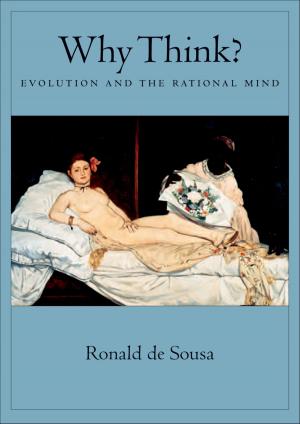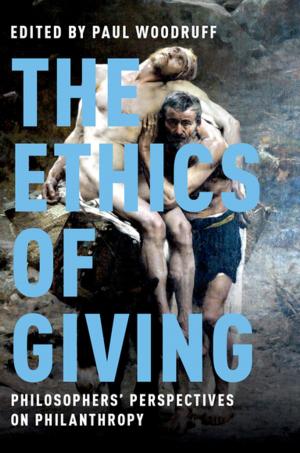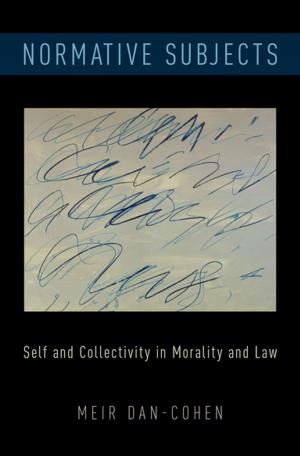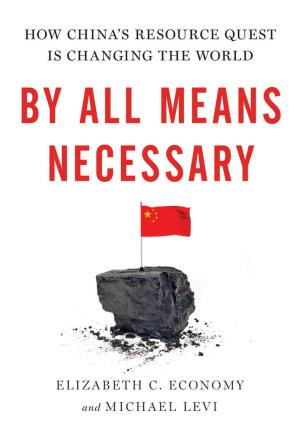The Edge of Evolution
Animality, Inhumanity, and Doctor Moreau
Nonfiction, Science & Nature, Science, Biological Sciences, Zoology, Evolution| Author: | Ronald Edwards | ISBN: | 9780190212117 |
| Publisher: | Oxford University Press | Publication: | February 17, 2016 |
| Imprint: | Oxford University Press | Language: | English |
| Author: | Ronald Edwards |
| ISBN: | 9780190212117 |
| Publisher: | Oxford University Press |
| Publication: | February 17, 2016 |
| Imprint: | Oxford University Press |
| Language: | English |
In this interdisciplinary work, author Ron Edwards offers an innovative rereading of H. G. Wells' "The Island of Dr. Moreau." Edwards utilizes his twenty-five years in biology and the ethics of animal research to examine the bioethical implications of Wells' work and its relevance to contemporary scientific and philosophical discussions. He tackles the myth of human exceptionalism, the notion that we are fundamentally different from the rest of the animal kingdom. We must view ourselves, he argues, not as from animals, but as animals. The approachable tone is suitable for a wide audience of the scientifically curious. At the same time, great care is given to providing an accurate and considered treatment of the technical aspects of the novel, including the scientific plausibility of Dr. Moreau's experiment. Never before have Wells' ideas been examined in such detail by an evolutionary biologist with the author's considerable experience. The implications are far-reaching, touching on key topics in animal rights, evolution, and the relationship between religion and science. Its approachability and dedication to technical accuracy produces a unique perspective on Wells' classic. Anyone with an interest in confronting some of the central issues of human existence through the lens of fiction will be rewarded with an original and thought-provoking work.
In this interdisciplinary work, author Ron Edwards offers an innovative rereading of H. G. Wells' "The Island of Dr. Moreau." Edwards utilizes his twenty-five years in biology and the ethics of animal research to examine the bioethical implications of Wells' work and its relevance to contemporary scientific and philosophical discussions. He tackles the myth of human exceptionalism, the notion that we are fundamentally different from the rest of the animal kingdom. We must view ourselves, he argues, not as from animals, but as animals. The approachable tone is suitable for a wide audience of the scientifically curious. At the same time, great care is given to providing an accurate and considered treatment of the technical aspects of the novel, including the scientific plausibility of Dr. Moreau's experiment. Never before have Wells' ideas been examined in such detail by an evolutionary biologist with the author's considerable experience. The implications are far-reaching, touching on key topics in animal rights, evolution, and the relationship between religion and science. Its approachability and dedication to technical accuracy produces a unique perspective on Wells' classic. Anyone with an interest in confronting some of the central issues of human existence through the lens of fiction will be rewarded with an original and thought-provoking work.















